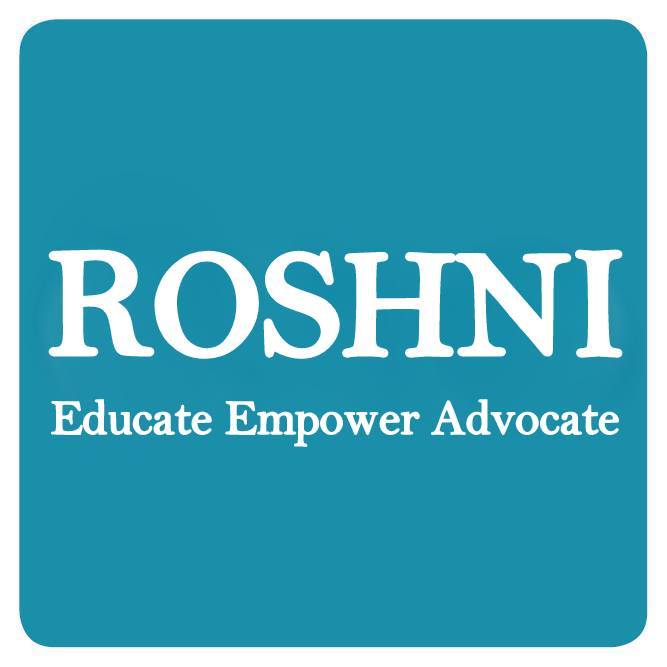Tax Free Sanitary Napkin Campaign was initiated to request government to remove GST Tax on Sanitary Pads, campaign was started in 2016 and was concluded in 2018. A woman’s body shouldn’t be treated as fair game to tax. All women on an average menstruate from the ages of 12 to 51. Despite it being the biological and hygienic requisite of more than half the population, current legislation systematically discriminates against women by taxing basic commodities such as sanitary napkins. On an average, a woman spends approximately 65 days menstruating ever year. Only 12 per cent of India’s 355 million women use sanitary napkins. Over 88 per cent of women resort to cloth, ashes and husk sand. Incidents of Reproductive Tract Infection (RTI) are 70 per cent more common among these women. Taxing sanitary napkins creates economic obstacles for women from getting easy access to them: a commodity that is not optional, but a hygienic requirement. By taxing these basic commodities, and putting them in the ‘luxury’ category, we are discouraging an improved standard of life and encouraging discrimination based on sex. This is unacceptable given that the right to sanitation and healthy life is a fundamentally guaranteed right under the Constitution of India. Women have to use sanitary napkins every month. They are a necessity, not a luxury.
Beyond affordability, Articles 14, 15, 21, and 47 of The Constitution Of India, guarantees Equality before the Law, Prohibits Discrimination based on Sex and Propagates State to improve the standard of living
Before GST Tax, sanitary napkins are taxed up to 13.5 per cent, based on the state you are living in. After GST Tax imposed, sanitary napkins are were to be taxed at 12 per cent.
If condoms and contraception are tax-free to promote their use for health reasons, so should sanitary napkins, We cannot, as a country, talk about wanting to fight for gender equality if we fail to identify how certain policies targeted specifically at the female populate, adversely affect them.
We at ROSHNI Foundation initiated Tax Free Sanitary Pads Movement on 16 Nov 2016 when our Founder spoke about ending Sanitary Pads Tax at Global Citizen Festival in Mumbai, in which he demanded 100% tax exemption for environment and health friendly pads (reusable cloth sanitary napkins and environment friendly napkins). However, we also made it clear that minimal tax should be imposed on sanitary napkins which contain non-biodegradable plastic dangerous for the environment.
Due to the efforts of all the social activist across the country and also due to the efforts of many civil society organisation, the government scrapped a controversial tax on sanitary pads in July 2018.

